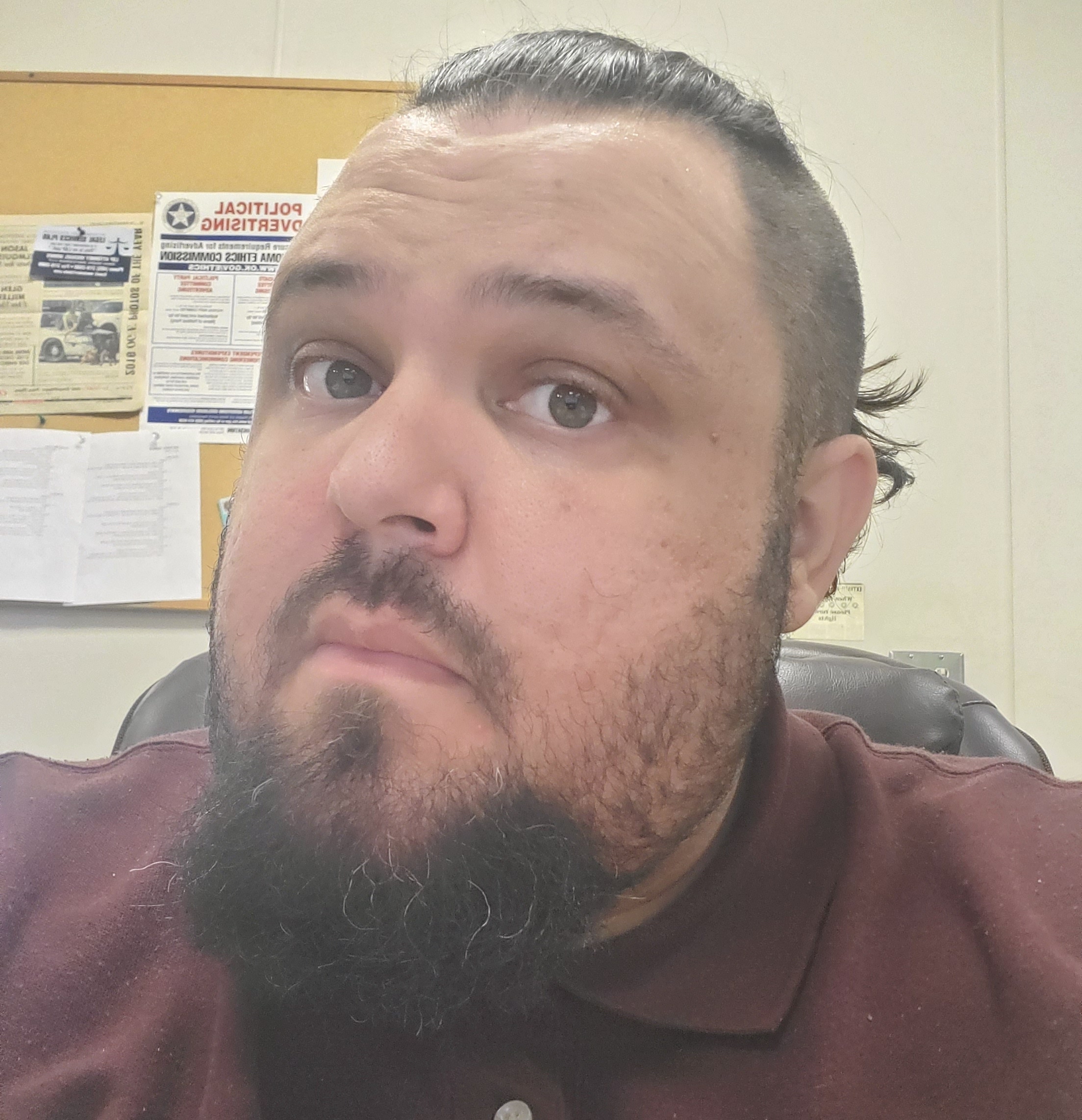Abigail Kawānanakoa walked in two worlds: considered by some to be the last scion of the Hawaiian royal family, and by others as someone awash in Western wealth. For Kawānanakoa’s part, she had a passion for the Native Hawaiian culture she hailed from, and following a contentious fight for her estate, that passion will support preserving the culture and language she loved.

Kawānanakoa, a descended of the final independent ruler of Kauaʻi and Niʻihau; granddaughter of Prince David Kawānanakoa, the hānai adopted son of King Kalākaua; and great-granddaughter of a sugar baron, died last year at the age of 96. Her last will and testament leaves much of that wealth — $100 million, left after paying millions to former employees and her wife — to Native Hawaiian causes.
The money has been left in royal trusts specifically aimed at preserving language and culture. The infusion of such a large sum will help them meet goals that often seemed out of reach, said Dr. Naleen Naupaka Andrade, executive vice president of Native Hawaiian Health for The Queen’s Health System, speaking to The Associated Press.
“Quite frankly, the needs of Hawaiians in education, in social welfare, in housing, in health far exceeds the capacity of these trusts,” Andrade said to the AP. “They augment what federal and state dollars should be doing for Hawaii’s Indigenous peoples.”
The announcement concludes a legal battle that began in 2017, when Kawānanakoa had a stroke. She fought claims that she was impaired until 2020, when a judge handed control over her estate and trust to a trustee. After clearing away existing claims and payments to other parties, that left $100 million for the trust, which will fund existing programming at the ‘Iolani Palace, as well as cultural programming at Hawaiian-focused schools.
Kawānanakoa’s gift is a step toward preserving Hawaiian culture at a time when Native Hawaiians themselves face immense gaps in access to education, healthcare, and wealth, and following disastrous fires in Maui in 2023. A report by poverty-focused nonprofit The Borgen Project notes that poverty among Native Hawaiians has skyrocketed since 2019, growing from 9 percent that year to 15 percent in 2022.
That’s in stark contrast to tourism dollars, which continue to flow into the state, regardless of travel restrictions imposed by COVID-19. In turn, housing prices have risen meteorically, standing at an average price of $1.15 million for a house in O’ahu, Hawaii’s third largest island, in 2022. Those prices drive out Native Hawaiians, creating further cultural erosion.
Kawānanakoa’s trust plays an important role, therefore, in “making a difference” even after the last Hawaiian princess passed away, said Andrade in the AP report.
“All of the pilikia — all of the trouble — that occurred in the last several years after she became ill: what was lost in all that was her love of her people,” Andrade said. “Her deep, deep love and the thoughtfulness she had, and the foresight she had before she became ill about wanting to leave a legacy for her people that could make a difference.”
Kawānanakoa was heiress to the largest stake in the estate of her great-grandfather, James Campbell, a 19th-century industrialist from Ireland. When the estate was converted into a corporation in 2007, her share was estimated to be about US$250 million
More Stories Like This
Native News Weekly (August 25, 2024): D.C. BriefsNavajo Nation Mourns the Passing of Former Vice President Rex Lee Jim
Deb Haaland Earns Endorsement From Communications Workers of America Local 7076
University Soccer Standout Leads by Example
Two Native Americans Named to Democratic Congressional Campaign Committee's“Red to Blue” Program
Help us defend tribal sovereignty.
At Native News Online, our mission is rooted in telling the stories that strengthen sovereignty and uplift Indigenous voices — not just at year’s end, but every single day.
Because of your generosity last year, we were able to keep our reporters on the ground in tribal communities, at national gatherings and in the halls of Congress — covering the issues that matter most to Indian Country: sovereignty, culture, education, health and economic opportunity.
That support sustained us through a tough year in 2025. Now, as we look to the year ahead, we need your help right now to ensure warrior journalism remains strong — reporting that defends tribal sovereignty, amplifies Native truth, and holds power accountable.
 The stakes couldn't be higher. Your support keeps Native voices heard, Native stories told and Native sovereignty defended.
The stakes couldn't be higher. Your support keeps Native voices heard, Native stories told and Native sovereignty defended.
Stand with Warrior Journalism today.
Levi Rickert (Potawatomi), Editor & Publisher


